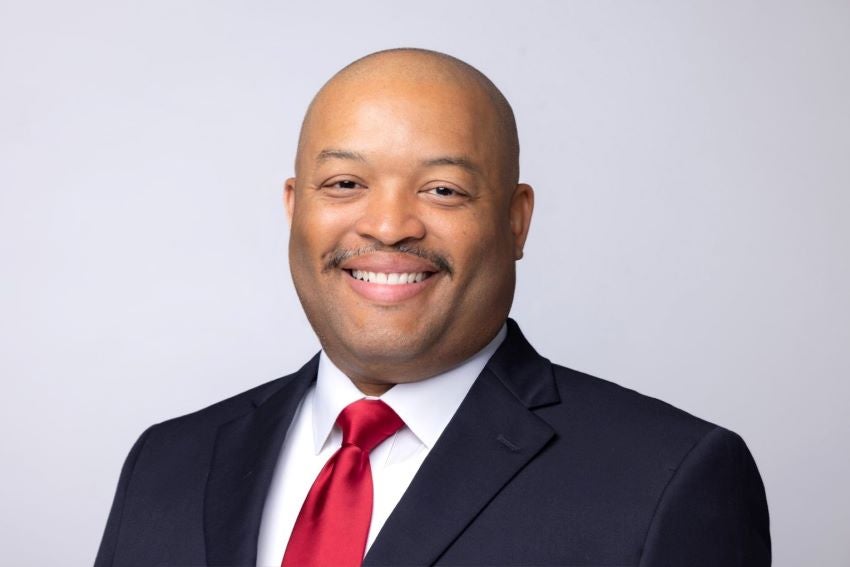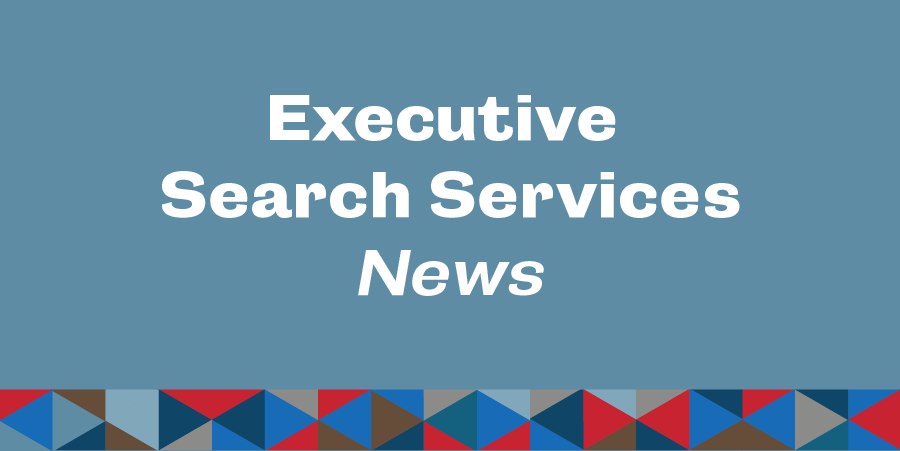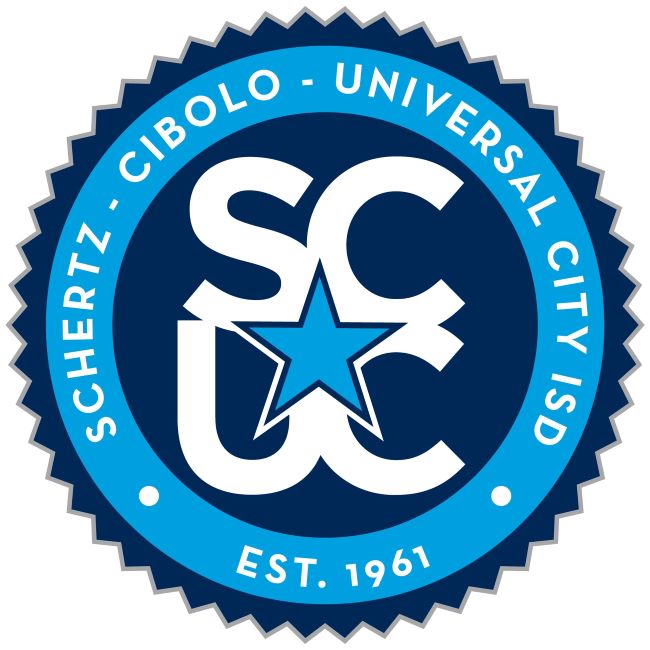The New American Dream and Your Workforce
Remember when the great American Dream was to find a good place to work for 40 years, get married, buy a house, and have 2.3 children?
If that’s not your version of the American Dream, you’re likely a millennial. If that’s the American Dream you’re familiar with, you may be wondering what happened to that dream and why millennials don’t want it.
Freedom and Mobility
As society changes and grows with advances in medicine, technology, interpersonal communications, and even food, it’s inevitable that the needs and wants of society will follow suit, evolving to either accept these changes, fight them, or improve them further. Ultimately, the phenomena of life and time has changed reality; thus, changing the American Dream forever.
An essential part of the traditional American Dream was to buy your own house, but owning a home is no longer a part of the American dream. In 2014, a survey by the MacArthur Foundation revealed nearly two-thirds of Americans believe they will be less likely to build wealth by buying a home, which was not the case 20 or 30 years ago.
The survey also found the majority of respondents in the last three years would rather rent than buy a home. More than half of the respondents said they had to work overtime or another job, cut back on essential costs like health care, or even get deeper into credit card debt just to afford their housing payments.
The concept of being burdened by a mortgage isn’t attractive to most Americans anymore, especially millennials. Because millennials are slowly, but surely, becoming a bigger segment of the workforce, the American Dream has shifted to reflect their ideals and their goals. This generation has different desires, which affects how they live and work.
Millennials want to rent apartments in urban areas instead of buying homes in the suburbs. Owning a home is typically more expensive than renting because of maintenance costs and large down payments required for home loans. They don’t want to worry about making mortgage payments, fixing broken appliances, or paying homeowner association fees. Millennials would rather pay off their student loan debt than take on the financial obligations of buying and owning a home. Instead, millennials use the money they save by renting on travel and other types of intellectual enrichment. They want to immerse themselves in the experiences life has to offer, instead of working just to pay the bills.
Millennials, the largest part of our workforce, find freedom and mobility much more desirable than being tied to a single location with the daunting financial commitment of a 30-year mortgage. As of April 2016, the 75.4 million millennials surpassed the 74.9 million Baby Boomers as the nation’s largest living generation.
Millennial Tendencies
Spawned by millennials, the new American Dream has already affected employers across the country. Because millennials are not tied down to just one place, and in light of their desire to travel, they move across the country from one job to the next. Although employers cannot change this new American Dream, they can still make positive shifts that will influence the generation that has transformed the American Dream by playing to their strengths and desires and keep their millennial employees from moving on to another job.
Professional services firm Deloitte has conducted two surveys on millennials in the workplace over the last two years. Some of the findings revealed two-thirds of millennials express a desire to leave their current jobs/organizations by the year 2020, which is only three years away. Forty-four percent of the millennials surveyed said, if given the choice, they would leave their current jobs within the next two years.
In the U.S., 64 percent of millennials surveyed expected to leave their jobs within the next five years. The Deloitte 2016 survey reports that millennials express little loyalty to their employers, strong unchanging values that steer their career decisions even as they progress through their profession, prefer more flexibility in their work, and they desire for business to change its focus from profits to people and purpose.
The surveys also revealed a slight decrease in millennials who were likely to leave their jobs within the next two years—now 38 percent (which is still high globally). They also reinforced the finding that millennials prefer flexibility in their work and remain focused on people and purpose.
Millennials in the Workplace
At the end of the day, millennials want to make an impact on society and the world. The Deloitte Millennial Surveys found millennials feel they will be most able to make said impact in and through the workplace, and opportunities to be involved in good causes at the local level provided by employers give them a greater sense of influencing change. Survey findings suggest those who feel a sense of purpose within their organization show a greater level of loyalty to their employers.
The millennial’s new American Dream is to live a flexible lifestyle where they can travel, learn, grow, and make a positive impact on the world. Millennials, in general, don’t care as much about making more money to buy a home and settle down as they do about creating positive change in the world. They only want to make enough money to live a meaningful and intellectually enriched life.
Millennials in Public Schools
Public school districts can use this information to strengthen their relationships with millennial employees and support retention by connecting the mission of public education to millennials’ desire to focus on people and purpose. Otherwise, districts risk losing a large, continuously growing portion of their workforce.
Districts can use this strategy in recruiting, as well. Provide millennial candidates with opportunities to effect positive change in public education by relating to their core values and selling the benefits of a teaching career. Education is a key platform for difference-makers who want to make a positive impact on society—a common goal for the majority of the millennial generation.
HR Services

Subscribe to HRX
Stay up to date with all the latest HR news and trends by joining the HRX mailing list!





